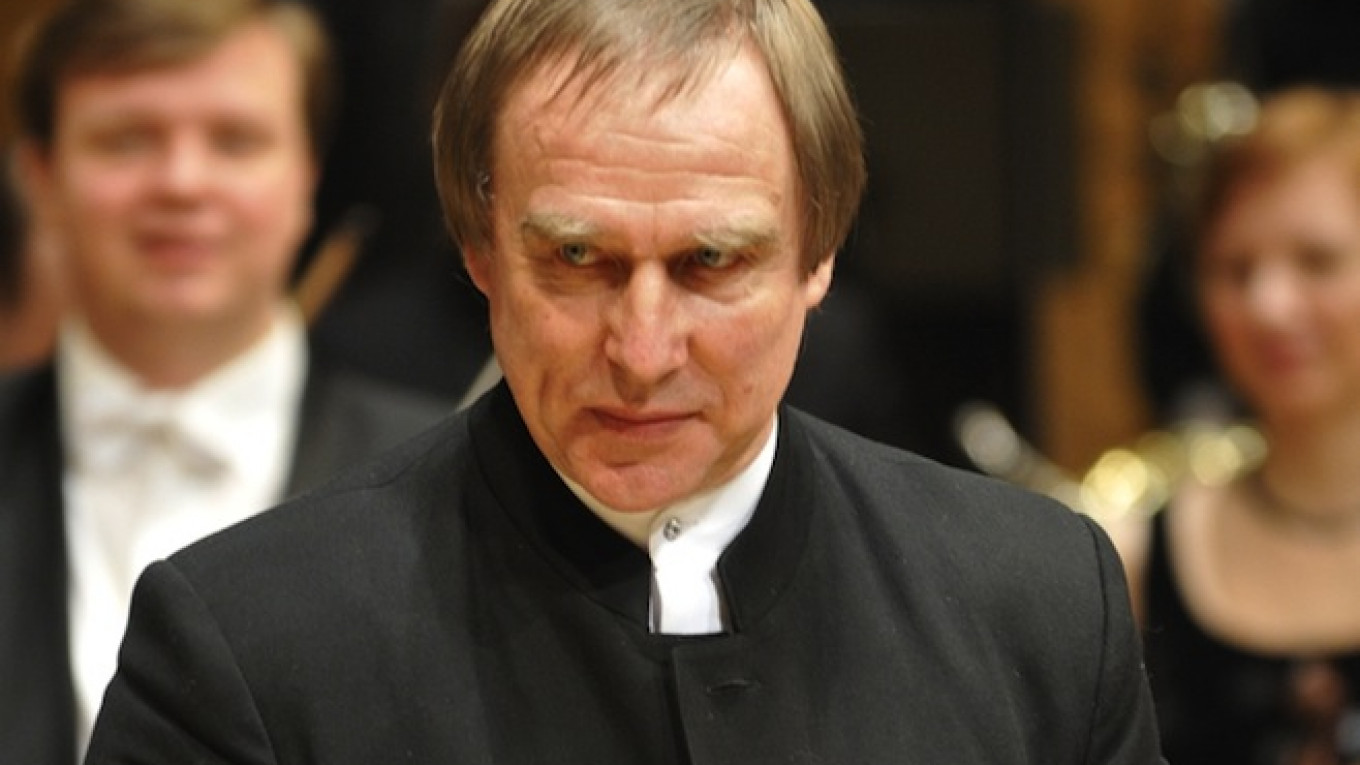Banking records obtained from the Panama Papers show links between cellist Sergei Roldugin, a close ally of Russia's President Vladimir Putin, and the case of Sergei Magnitsky, a Russian lawyer who died of mistreatment in prison in 2009, according to the website of the Organized Crime and Corruption Reporting Project (OCCRP).
The Magnitsky case involved the theft of $230 million from the Russian Treasury. The crime was uncovered in 2007 by Magnitsky, a Russian lawyer who was working for Hermitage Capital Management, then the biggest foreign investor in Russia. Magnitsky was arrested in 2008 by the same police officers whom he accused of covering up the fraud.
In February 2008, the money vanished into a chain of phantom companies and about two million eventually ended up with Delco Networks SA, a British Virgin Islands corporation.
Two months later, Sergei Roldugin made a deal with the same offshore company. Delco purchased 70,000 shares in Rosneft — Russia's state oil company — from Roldugin, sending his company $800,000 in May 2008. The contract, OCCRP said, was buried in the Panama Papers, which have disclosed details of doing business in offshore tax havens for clients who want to hide their identities.
OCCRP said on its website that “Delco and its associated companies were likely part of a large offshore money laundering network … set up by organized crime and involving companies and bank accounts in Russia, Moldova, Britain, Latvia and offshore tax havens that was used by the Russian government and numerous crime gangs to steal or launder money, evade taxes and pay bribes.”
A Message from The Moscow Times:
Dear readers,
We are facing unprecedented challenges. Russia's Prosecutor General's Office has designated The Moscow Times as an "undesirable" organization, criminalizing our work and putting our staff at risk of prosecution. This follows our earlier unjust labeling as a "foreign agent."
These actions are direct attempts to silence independent journalism in Russia. The authorities claim our work "discredits the decisions of the Russian leadership." We see things differently: we strive to provide accurate, unbiased reporting on Russia.
We, the journalists of The Moscow Times, refuse to be silenced. But to continue our work, we need your help.
Your support, no matter how small, makes a world of difference. If you can, please support us monthly starting from just $2. It's quick to set up, and every contribution makes a significant impact.
By supporting The Moscow Times, you're defending open, independent journalism in the face of repression. Thank you for standing with us.
Remind me later.






